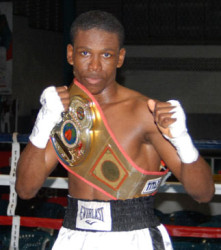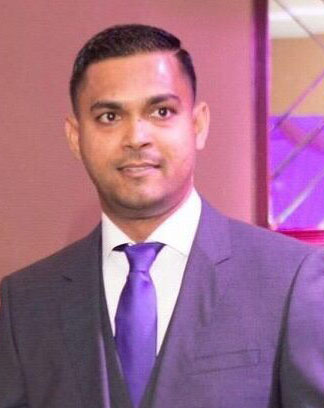Although boxer Clive ‘The Punisher’ Atwell is eager to return to the ring after his recent brain injury, neurosurgeon Dr Amarnauth Dukhi says such injuries make it almost impossible for boxers to continue professional careers.

Atwell, 26, underwent emergency brain surgery on October 24, the night of the ‘Caribbean Knock-down’ card at the Giftland Mall, where his WBC FECARBOX super lightweight fight with Dexter ‘The Cobra’ Gonsalves ended prematurely because of the injury he sustained.
Dukhi, who treated Atwell, said the boxer was rushed to Dr Balwant Singh’s Hospital in an unconscious state and an emergency brain surgery—a decompressive craniectomy—was performed to reduce increased pressure in the brain and stop bleeding. Atwell, after a brief discharge, was subsequently re-admitted to hospital after experiencing brain swelling.
Atwell was diagnosed by Dukhi on the night of the emergency surgery with an acute brain injury that had led to massive intracranial bleeding, and specifically a right subdural hematoma, a post-traumatic subarachnoid haemorrhage and generalised swelling/edema.
This type of injury and specifically the subdural hematoma, according to Dr Dukhi, is consistent with injuries suffered by boxers due to heavy punches to the head.
Dukhi is of the opinion that the injury sustained is due to a left hook to the right side of Atwell’s head during the fight. These types of injuries, he said, makes it almost impossible for boxers to continue their professional boxing careers.
Part of Atwell’s skull was removed during surgery to control swelling and maintain adequate intracranial pressure. As a


